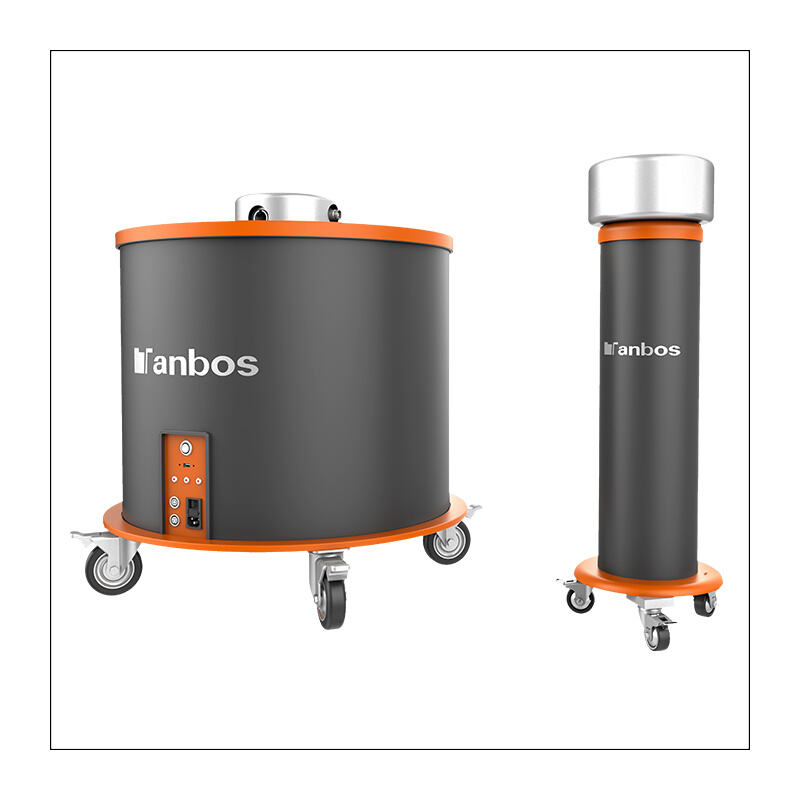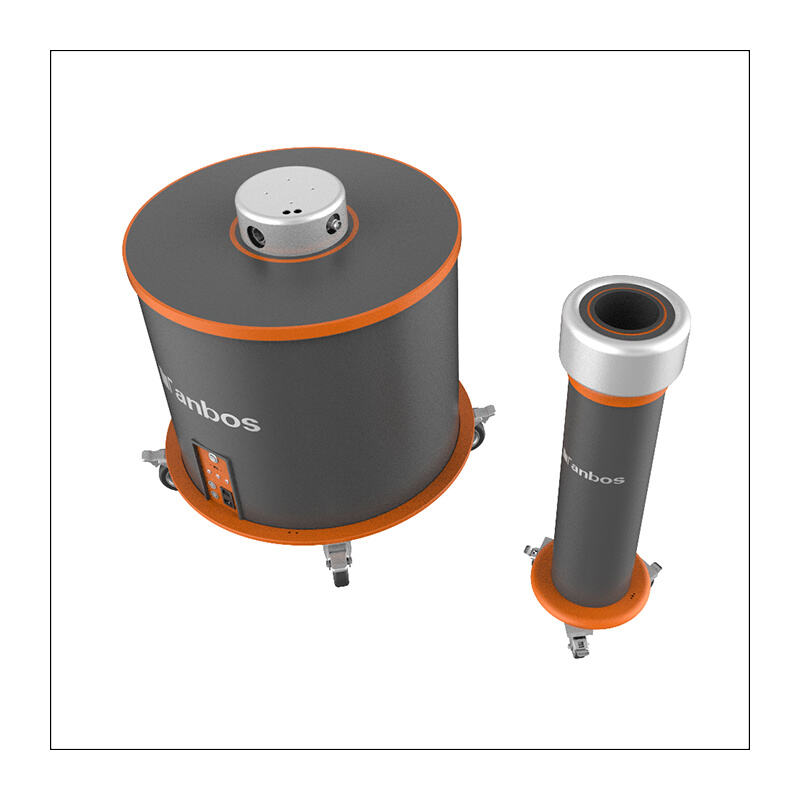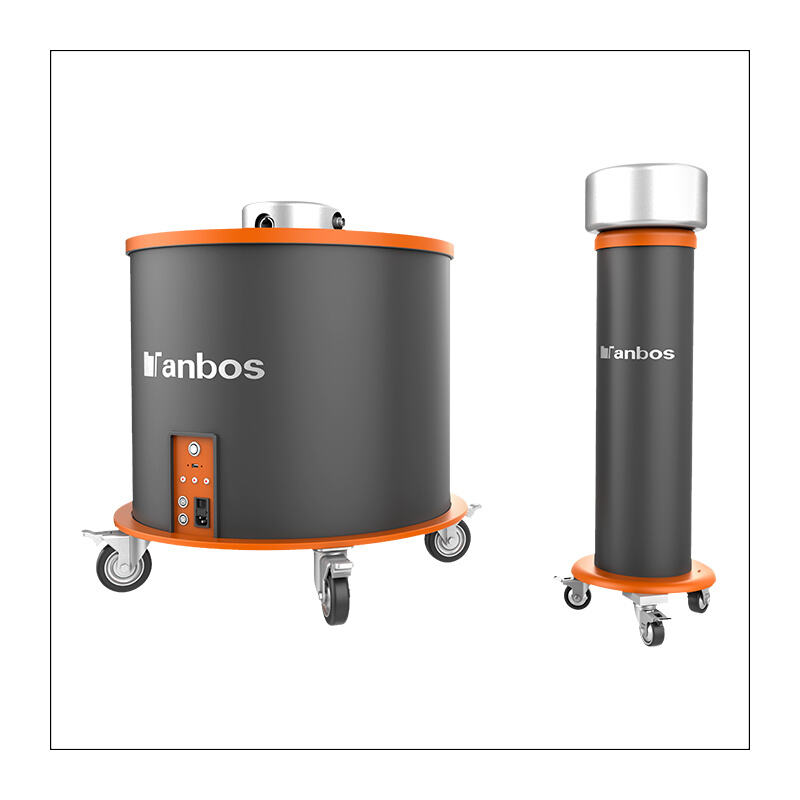 EN
EN
 EN
EN
Kdy jsi si kdykoliv přál vědět, co generátor dělá? Generátory jsou speciální stroje, které převádějí mechanickou energii na elektrickou energii. Jinými slovy, tahá energii z pohyblivých objektů, ať už to jsou motory nebo vítr, a převádí ji na elektřinu, kterou můžeme používat. Existuje spousta míst, jako nemocnice, školy, továrny atd., které jsou velmi závislé na generátorech. Bez generátorů by tyto místa možná nefungovala nebo neměla světlo. Protože generátory jsou kritické, je třeba provádět pravidelné kontroly, aby se zajistilo, že jsou čisté a funkční. Jedním z testů, kterým tyto stroje procházejí, je test hipot, nebo test vysokého potenciálu. Tento test zajišťuje, že generátor je bezpečný k zapnutí.
Test hipot musí být proveden na generátoru předtím, než může být vložen do provozu, aby se zajistila bezpečnost práce. Testuje integritu izolace, která je materiálem, který udržuje elektřinu uvnitř drátů generátoru. Pokud se tato izolace poškodí a oslabí, mohou nastat velmi nebezpečné situace, jako jsou elektrické šoky (ničící lidi), požáry (ničící majetek) a dokonce i výbuchy (hrozící životu). Pravidelné testování může zabránit tomu, aby problémy přerostly v vážné, takže chrání všechny. Tanbos ví, jak důležitá je elektrická bezpečnost, a poskytuje profesionální služby testování hipot, aby se vaše generátory mohly bezpečně pro vás pracovat.

Test hipot se provádí aplikací vysokého napětí na generátor. Toto napětí obvykle dosahuje hodnot mezi 1,000 a 15,000 voltů a je to vážná síla! Kvalifikovaní odborníci, kteří znají postup testování, provádějí tento test velmi pečlivě a dodržují přísná bezpečnostní opatření pro ochranu sami sebe i ostatních lidí kolem nich. Test kontroluje všechny problémy s izolací generátoru a jakékoliv elektrické defekty, které by mohly způsobit potíže (do listopadu 2023). Odborníci pak zhodnotí, zda něco nefunguje správně nebo je vadné, a opraví to nebo to nahradí novou součástkou. Tanbos provádí důkladný a podrobný testovací proces, aby se zajistilo, že vaše generátory splňují všechny nové bezpečnostní předpisy a normy. Aby se zajistilo, že váš generátor je bezpečný k použití.

Test hipot skutečně může identifikovat spoustu běžných problémů s generátory. Tyto problémy zahrnují pošramocenou izolaci, poškozené vývody, krátké spoje atd. Roztroušená izolace naznačuje, že ochranná obálka okolo drátů je stará a možná už nefunguje dobře. To může způsobit, že generátor nebude fungovat tak efektivně a může omezit jeho životnost nebo jak dlouho vydrží. „Poškozené vývody“ se týká spirál uvnitř generátoru, které přenášejí elektřinu a jsou poškozené nebo mimo provoz. To může způsobit krátké spoje, které vytvářejí problémy, nebo to může způsobit, že generátor nebude vydávat tolik energie, kolik by měl. Krátký spoj nastane, když proud tekoucí po drátech vezme zkratku, což může vést k přehřátí. Můžete si to představit jako velmi nebezpečnou událost, jako požár nebo dokonce výbuch. Tím, že tyto problémy odhalíte dříve pomocí testu hipot, vám Tanbos může pomoci vyhnout se katastrofálním selháním a mít vaše generátory delší životnost a lepší výkon.

Důležitost testování generátorů je nezbytná, protože může zabránit vážným elektrotechnickým poruchám. Detekce problémů dříve, než se vyvinou větší údržbářské otázky, ušetří peníze na opravách těchto částí a zajistí bezproblémový chod. Tanbos doporučuje testovat generátory alespoň jednou ročně. Je zvláště výhodné provést tento test před rušnými sezónami, kdy budete nejvíce spoléhat na generátor. Pravidelné testování vám pomůže ušetřit peníze díky menšímu počtu neočekávaných oprav a hodinám simplyfikace. Snižuje také riziko požáru a exploze, které by mohly způsobit rozsáhlé poškození zařízení a budovy. Když to nastane, může to způsobit velké starosti vašemu podniku nebo organizaci. Spolupráce s Tanbosem při testování hipot testů zajišťuje, že vaše generátory jsou bezpečné a poskytují vám klid duše, aby vše fungovalo hladce.